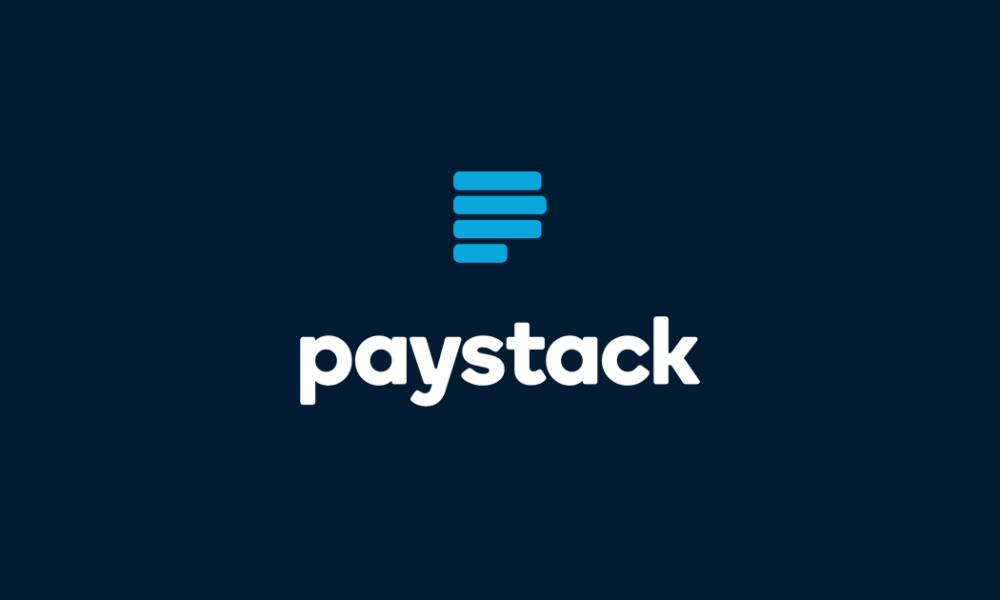Fintech
Paystack Expands Operation After Acquisition, Enters South Africa

Paystack, one of the leading Nigerian fintech Startups, has expanded operations to South Africa just seven months after Stripe acquisition.
The startup acquired for over $200 million in October 2020, announced its official launch in South Africa on Thursday to increase its operating markets to three, including Nigeria and Ghana.
The South African launch was preceded by a six-month pilot, which means the project kickstarted a month after Stripe acquired it. Stripe is gearing toward a hotly anticipated IPO and has been aggressively expanding to other markets. Before acquiring Paystack, the company added 17 countries to its platform in 18 months, but none from Africa. Paystack was its meal ticket to the African online commerce market, and CEO Patrick Collison didn’t mince words when talking about the acquisition in October.
“There is an enormous opportunity. In absolute numbers, Africa may be smaller right now than other regions, but online commerce will grow about 30% every year. And even with wider global declines, online shoppers are growing twice as fast. Stripe thinks on a longer time horizon than others because we are an infrastructure company. We are thinking of what the world will look like in 2040-2050,” he said.
Although Stripe said the $600 million it raised in Series H this March would be used mainly for European expansion, its foray deeper into Africa has kicked off. And while Paystack claims to have had a clear expansion roadmap prior to the acquisition, its relationship with Stripe is accelerating the realization of that pan-African expansion goal.
Now, Africa accounts for three of the 42 countries where Stripe currently has customers today.
“South Africa is one of the continent’s most important markets, and our launch here is a significant milestone in our mission to accelerate commerce across Africa,” said Paystack CEO Shola Akinlade of the expansion. “We’re excited to continue building the financial infrastructure that empowers ambitious businesses in Africa, helps them scale and connects them to global markets.”
The six-month pilot saw Paystack work with different businesses and grow a local team to handle on-the-ground operations. However, unlike Nigeria and Ghana, where Paystack has managed to be a top player, what are the company’s prospects in the South African market where it will face stiff competition from the likes of Yoco and DPO?
“The opportunity for innovation in the South African payment space is far from saturated. Today, for instance, digital payments make up less than half of all transactions in the country,” Abdulrahman Jogbojogbo, product marketer at Paystack said. “So, the presence of competition is not only welcome; it’s encouraged. The more innovative plays there are, the faster it’ll be to realize our goal of having an integrated African market.”
Khadijah Abu, head of product expansion, added that “for many businesses in South Africa, we know that accepting payments online can be cumbersome. Our pilot in South Africa was hyperfocused on removing barriers to entry, eliminating tedious paperwork, providing world-class API documentation to developers, and making it a lot simpler for businesses to accept payments online.”